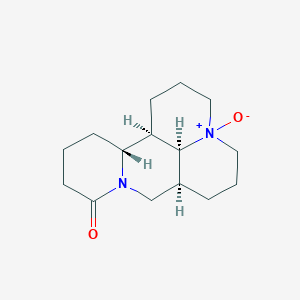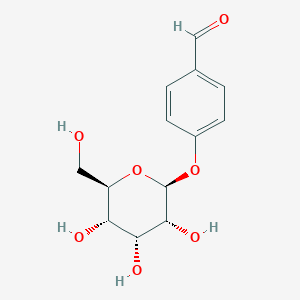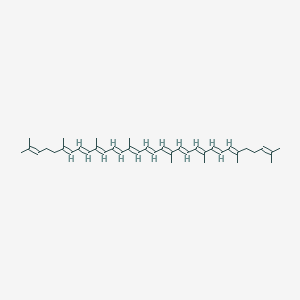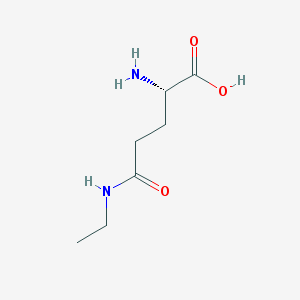Description
Oxymatrine is a natural compound derived from the rhizome of the Chinese plant Sophora flavescens. It has been studied for possible health benefits such as liver function, inflammation, and cancer prevention.
The possible benefits of oxymatrine for liver health are well known. It has hepatoprotective properties, which means it can safeguard the liver from damage caused by toxins, viruses, or other factors. It has also been shown to help liver function in people suffering from liver disease.
Furthermore, oxymatrine has been investigated for its anti-inflammatory properties. It has been discovered to suppress the production of inflammatory cytokines, which can aid in the reduction of inflammation and alleviation of symptoms in conditions such as rheumatoid arthritis and asthma.
Here are some of its main benefits and applications:
- Anti-inflammatory Properties: Oxymatrine has demonstrated significant anti-inflammatory effects, making it potentially useful in treating conditions like rheumatoid arthritis, asthma, and other inflammatory disorders.
- Antiviral Activity: It has shown effectiveness against certain viruses, including hepatitis B and C. This makes it a potential candidate for treating viral infections, especially those affecting the liver.
- Cardioprotective Effects: Oxymatrine may offer protective benefits to the heart, potentially reducing the risk of certain cardiovascular diseases.
- Anti-cancer Properties: There is evidence suggesting that oxymatrine can inhibit the growth of certain types of cancer cells, although more research is needed to confirm these effects and understand the mechanisms involved.
- Liver Protection: It has been used to treat liver diseases, such as hepatitis, by reducing liver inflammation and fibrosis.
- Neuroprotective Effects: Some studies suggest that oxymatrine may have neuroprotective properties, offering potential benefits in neurodegenerative diseases.
- Immune System Modulation: It might modulate the immune system, which can be beneficial in treating autoimmune diseases and in enhancing the body’s natural defense mechanisms.
- Application in Traditional Medicine: Traditionally, it has been used for treating various conditions, including skin diseases, fever, diarrhea, and as a diuretic.





